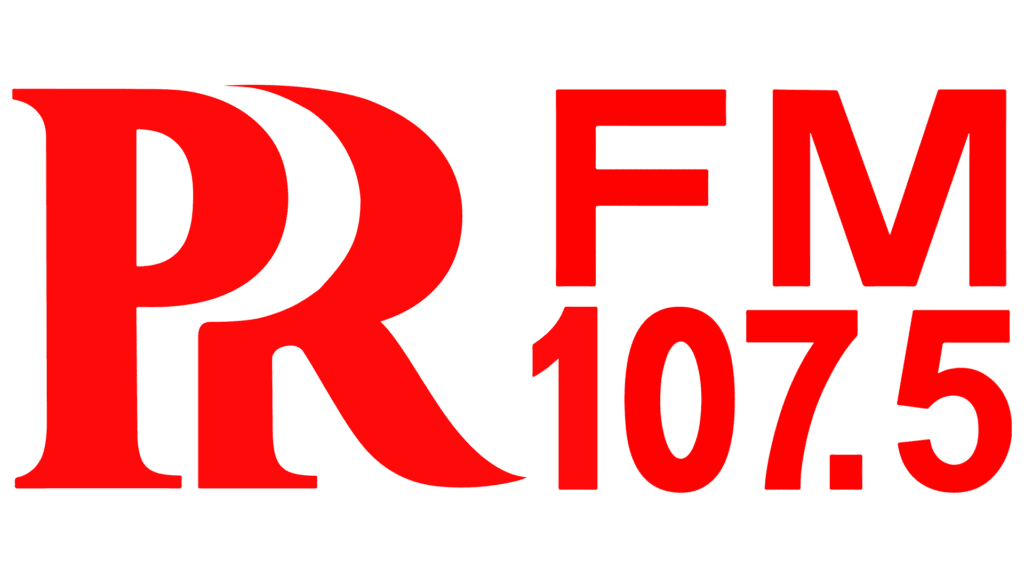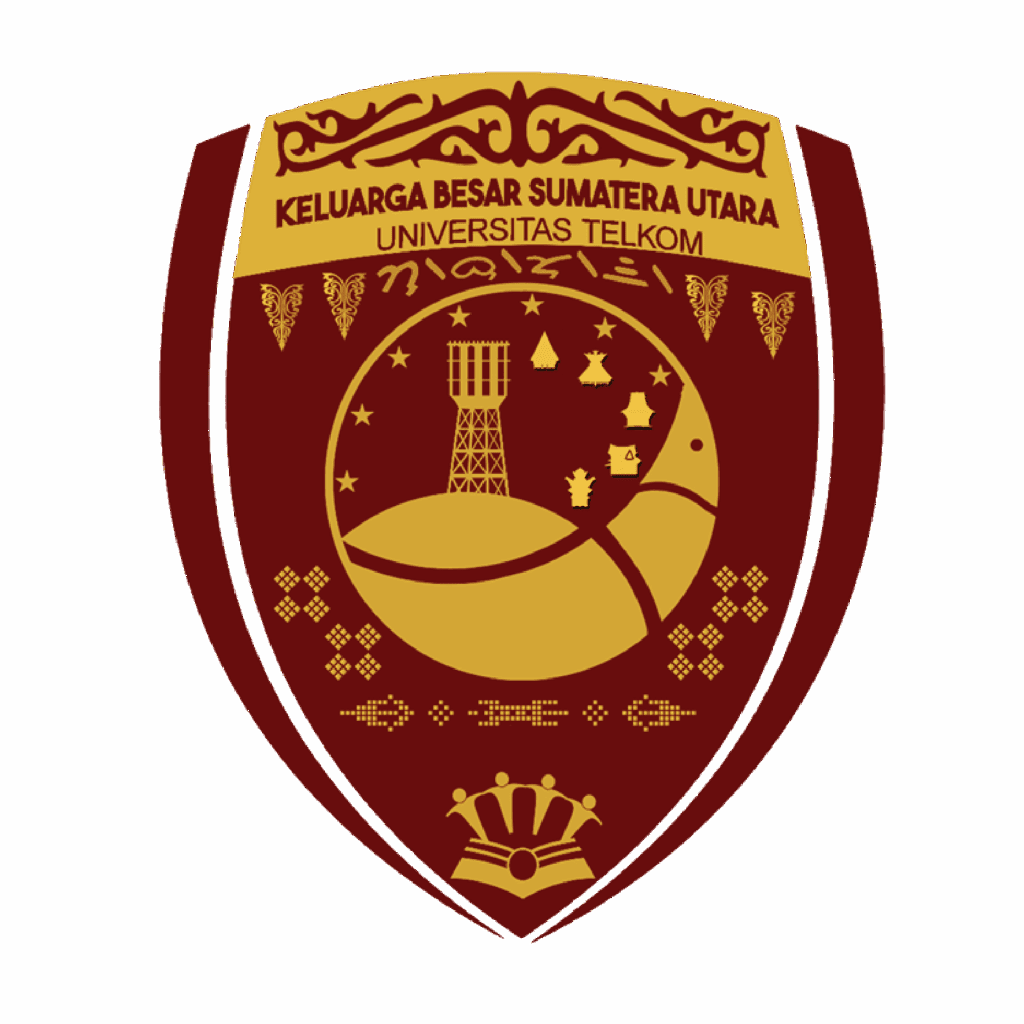On behalf of Bandung Creative Movement 2025, We would like to invite you to join our 12th International Conference on Creative Industries.
The conference will be held online on digital platform live from Telkom University in Bandung, West Java, Indonesia, on August 19th, 2025 with topic:
"The Future of Expression: AI Synergy, Human Experience, and Cultural Innovation in the Design Realm"
Explores the dynamic intersection of technological advancements, human creativity, and cultural evolution in the design world. This theme delves into how new media enhances artistic expression, redefines user experiences, and influences cultural narratives.
By bridging innovation with human comfort, it examines the balance between automation and emotion, the role of emerging technologies in shaping new aesthetics, and their impact on preserving and transforming cultural identities. This theme envisions a future where technology and human ingenuity collaborate to push the boundaries of design, innovation, and human experience.
Author Guidelines
Abstract
An extended abstract should contain references, comparisons to related work, key theories, and other details found in an extended paper. Thus, an extended abstract is more than a long abstract.
It should specify theoretical and empirical gaps that the researcher is addressing, a concise review of seminal work, a brief description of the methodology used, results obtained, the expected contributions(s) to theory and practice, and the conclusion resulting from the study.
The elements of your extended abstract can be organized in the following order listed:
• Title
• Author(s)
• Affiliation
• Introduction
• Main Body Text (including a concise review of extent literature, methodology, findings, discussion, and conclusion sections)
• References
Abstract Length
Extended abstracts should be at least three (3) pages, but not more than five (5) pages in length including the references. Word limit is 1500 – 2,000 words.
The paper must be written in English. Authors should also provide a scan of similarity results (e.g. iThenticate, Turnitin) that is expected to slow less than 15%.
File naming guidance: [BCM2025] Abstract_1st Author Last Name_2nd Author Last Name (for multiple author, add et_al at the end)_1/2/3(sub-theme/topic)
Example : [BCM2025] Abstract_1st Adharamadinka_2nd Sumarlin_et_al_1
The template can be downloaded here: linktr.ee/BCM2025
Title/Authors
Include a brief, informative title for the extended abstract. The title should be pre-formatted in
the correct style (Title Case, 14-pt. Times New Roman boldface, centered). Immediately beneath your title, type the full name of the author(s) in Times New Roman 11-pt, bold type, centered.
Below the names of the author(s), state their affiliation(s) and complete mailing address(es) in
regular body text in 12-pt font.
Introduction
The introduction section explains the background to the problem, the literature study and the research objectives. The first few paragraphs of the introduction describe the problem and the background to the problem. The last paragraph of the introduction contains a description of the research objectives.
Body
The body of your extended abstract should include methodology, results, discussion, and conclusion. The methodology section should be descriptive enough that the reader can identify what was done. References to methodology are appropriate. The findings and discussion sections may be combined.
References
List all references in alphabetical order underneath the heading References (Heading without number tag). References should be cited within your extended abstract using APA (American Psychological Association) style. Examples of reference formats are given here. For additional information on formatting references, refer to the 7th edition of the publication manual of the American Psychological Association (https://apastyle.apa.org/instructional-aids/handouts-guides). Authors are highly encouraged to use Mendeley or other citation management tools to ensure accuracy and consistency in citations and references.
Selected Papers for Journal Publication
Selected papers will be published in recommended journals. Authors whose papers are selected must adhere to the style guidelines of the designated journals, which include, but are not limited to, the following:
-
Following the journal’s formatting and citation guidelines accurately.
-
Meeting specific requirements regarding the number of pages/words.
-
Adhering to the minimum number of references as specified by each journal.
If you have any questions or need further assistance, please do not hesitate to contact the editorial team email: [email protected] / Mr. Vega +62 812-2221-4812
Explores the dynamic intersection of technological advancements, human creativity, and cultural evolution in the design world. This theme delves into how new media enhances artistic expression, redefines user experiences, and influences cultural narratives.
By bridging innovation with human comfort, it examines the balance between automation and emotion, the role of emerging technologies in shaping new aesthetics, and their impact on preserving and transforming cultural identities.
This theme envisions a future where technology and human ingenuity collaborate to push the boundaries of design, innovation, and human experience.
Topic Research
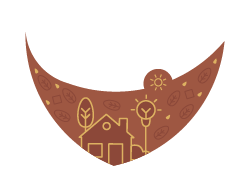
Topic 1
- AI, Culture and Humanity
- AI and Emotional Design
- Psychology of AI Art
- AI as New Media
- Preservation of Digital Cultures
- Photography in AI Era
- Digital Preservation

Topic 2
- Posthuman and AI
- AI vs Human Creativity
- Posthuman Aesthetic
- Designer in AI Era

Topic 3
- Business and Design Management
- Creativepreneur in Digital Age
- AI and Intellectual Property
- Branding
Important Dates
Extended Abstract Submission
1st March - 27th April 2025
Full Paper Submission Deadline
20th May 2025
Notification of Acceptance
15th June 2025
Registration Deadline
7th July 2025
Camera Ready Submission
4th August 2025
Conference Day
19th August, 2025
Main Event Fee :
To be announced.
Registration Fee
Student IDR 1.500.000 Profesional IDR 2.000.000/ USD 125 Addtional Publication Fee RM 1.200 (Alam Cipta) IDR 1.500.000 (Sosioteknologi)
Live from Telkom University Landmark Tower
Telkom University Landmark Tower, 16th Floor
Telkom University
(Hybrid & Live on Zoom)
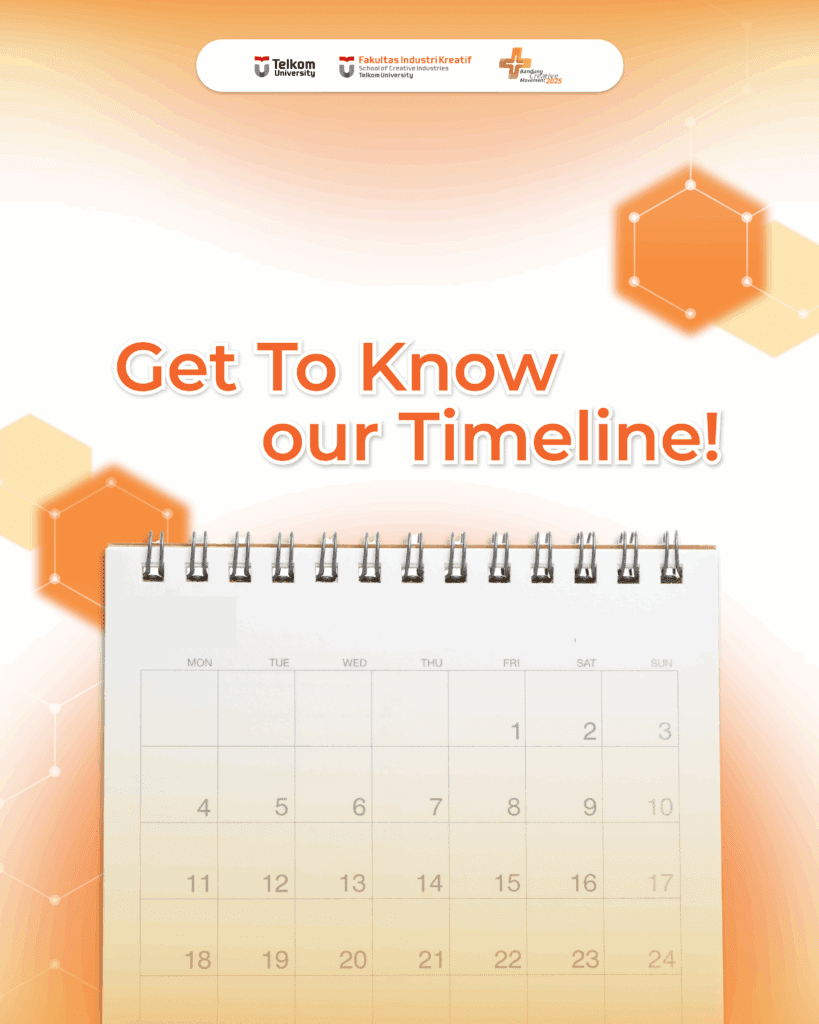
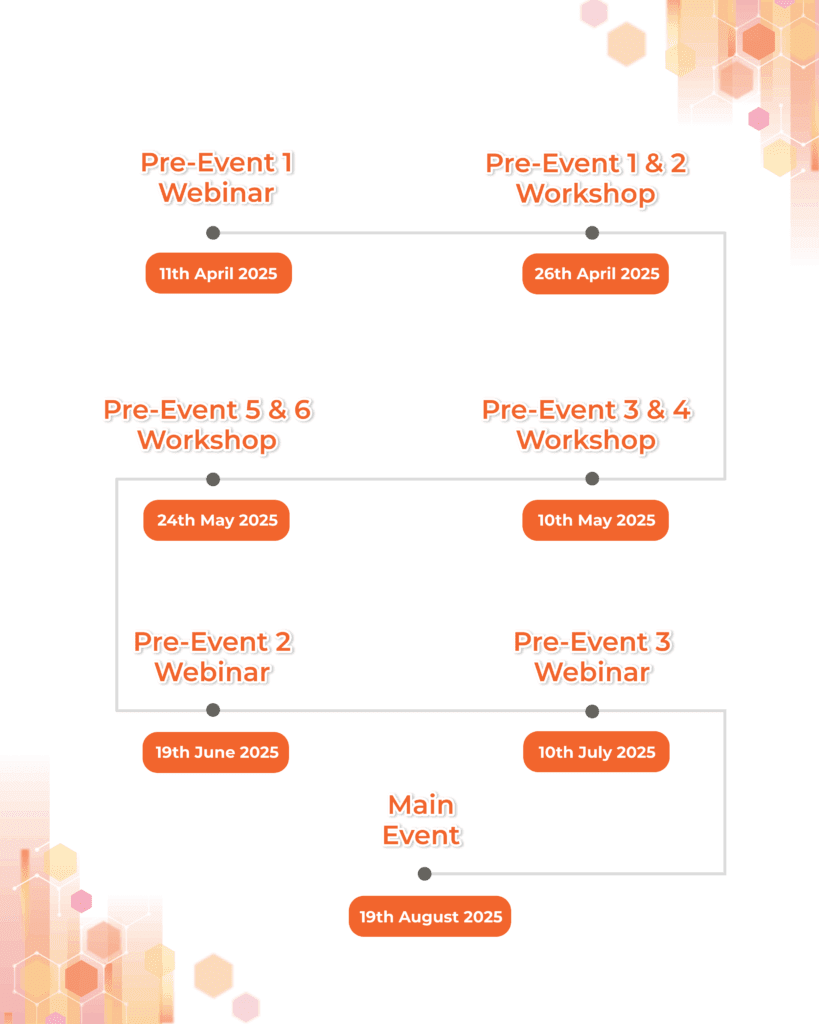
Supported by


Co-organizers
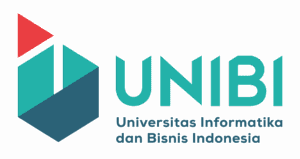

Media Partner




